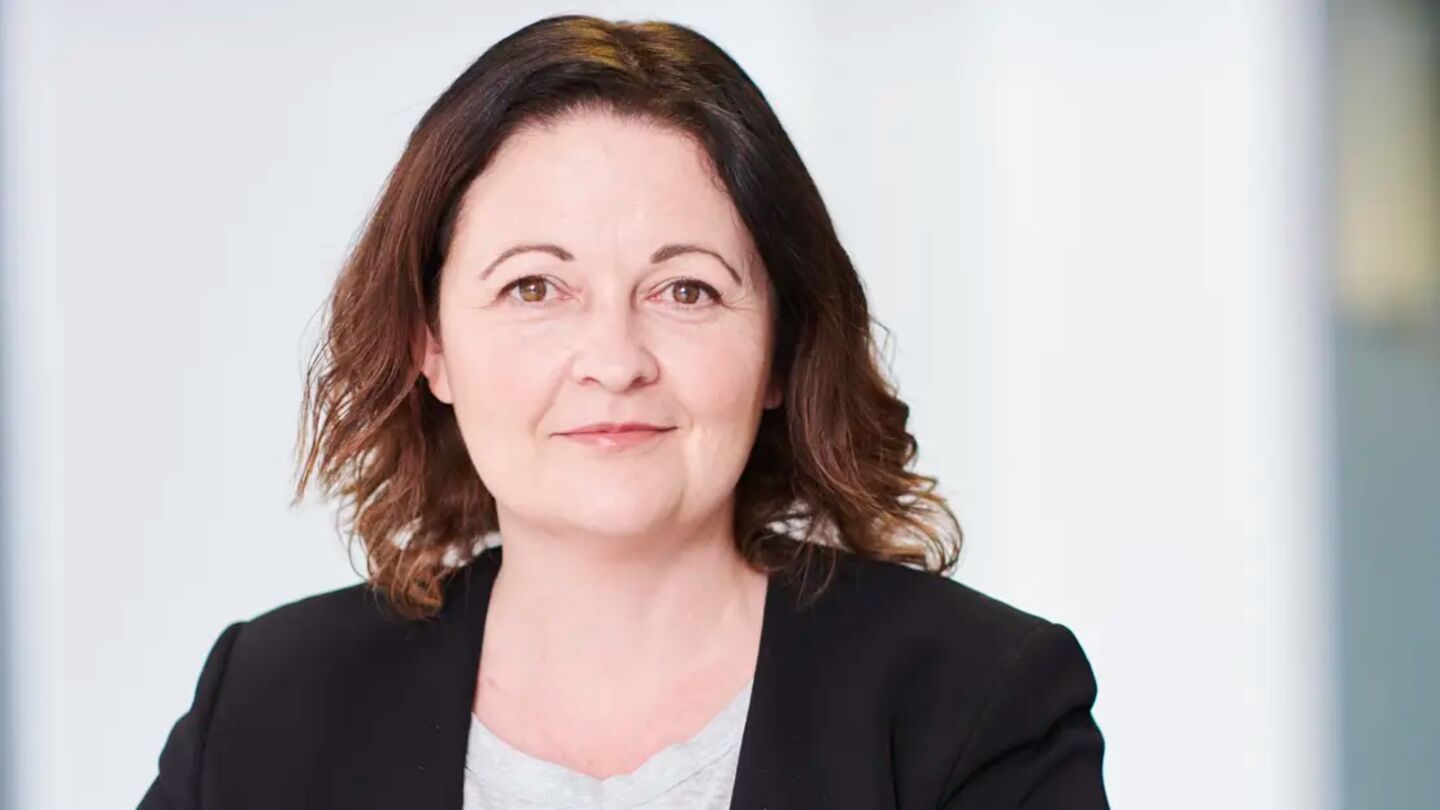Training organisation ScreenSkills says there is an urgent need to support mid-level crew in high-end television as freelancers face growing instability, financial pressures mount and hiring patterns shift across the industry.
The ScreenSkills findings were drawn from annual research by its HETV Skills Fund.

It said the overall picture of employment remains relatively positive - with 79% of respondents reporting it was “ok”, “easy” or “very easy” to find work. But the number who found work “hard” or “very hard” more than doubled to 21%, compared with just 9% the year before.
As hiring patterns shift, The HETV Skill Fund said there is a growing need to support those in the middle of their careers. More experienced freelancers are actively seeking work, while newer crew are stepping up rapidly, sometimes without the depth of experience required. This dual pressure is creating a ‘pinch point’ at mid-level - where investment in progression, mentoring and step-up opportunities is now most needed.
The research found that while the skills shortage is easing - with only 13% rating it as “serious” or “very serious”, down from 52% the year before - the skills gap remains a pressing concern. More than a third (34%) said crew lack the rounded experience needed to deliver effectively in smaller teams and tighter schedules, though this too has improved since last year.
Production accountants remain one of the hardest roles to fill, affecting the entire production pipeline. Other hard-to-fill roles include production secretaries, APOCs, standby art directors, electricians and costume designers.
Respondents raised concerns about crew being promoted too quickly, leading to inflated CVs and gaps in experience.
Virtual production continues to grow, particularly in higher-budget shows, but the research found that lack of understanding among editorial teams sometimes led to creative misunderstandings or cost overruns. Targeted training for creative leaders was recommended to help maximise its value.
The research findings are being used to inform the HETV Skills Fund’s 2025/26 strategy and priorities.
The research findings were drawn from 71 survey responses and 50 in-depth interviews with line producers, heads of production, production managers and producers across the UK.
Kaye Elliott, Director of High-end Television at ScreenSkills, said: “It’s encouraging to see that some skills shortages and gaps are easing slightly, but it’s clear that more support is needed at mid-level - where people are stepping up fast, often without structured support, and experienced freelancers are under increased pressure.”
You are not signed in
Only registered users can comment on this article.

Charity publishes set of principles for mentally healthy productions
The Film and TV Charity has unveiled its new ‘Principles for Mentally Healthy Productions’ to help address systemic pressures and poor working practices across the UK screen sector, aiming to improve culture and conditions on productions.

Warner Bros Discovery and BBC report strong Winter Olympics viewing
Warner Bros. Discovery (WBD) and the BBC have both reported strong viewership results for their coverage of the Olympic Winter Games for Milano-Cortina 2026.

Sports programming surges on major streaming platforms
Sports programme offerings across the top five subscription video-on-demand (SVOD) services jumped 52% year-over-year, according to research by Gracenote, the content data business unit of Nielsen.

EIT Culture & Creativity becomes IBC2026’s European Innovation Partner
IBC has appointed the EIT Culture & Creativity as its European Innovation Partner for 2026.

UK’s Production Park wins approval to expand
West Yorkshire-based stage and screen facility Production Park has received planning approval to expand.



